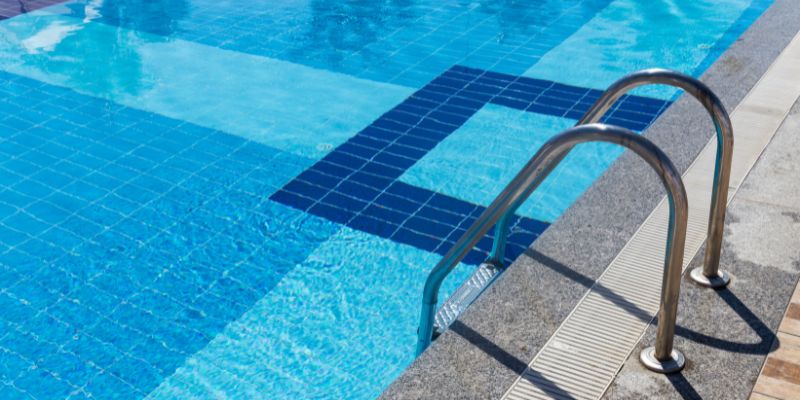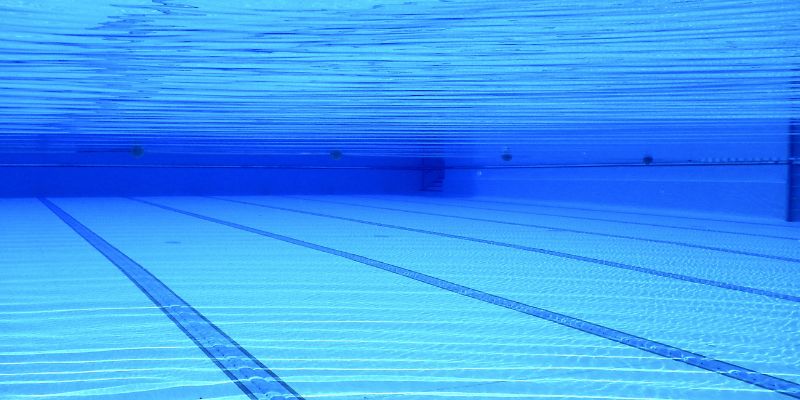How Long Should You Wait After Shocking a Pool?
Posted by Dunn Rite on Jun 2nd 2023
If you have a pool, you know that it's important to keep it clean and healthy. One way to do this is to shock your pool regularly. Shocking your pool is a process that uses chlorine to kill bacteria and other harmful microorganisms. It's an important part of pool maintenance, and it can help to keep your pool safe and clean for swimming.
How Long to Wait After Shocking a Pool
However, there is a common question that many pool owners have: how long after shocking a pool can you swim? The answer to this question depends on a few factors, including the type of chlorine shock you use, the size of your pool, and the temperature of the water.
In general, you should wait at least 24 hours after shocking your pool before swimming. This will give the chlorine time to dissipate and the pH levels to return to normal. If you are using a non-chlorine shock, you can usually swim sooner, but it is still a good idea to wait at least 1 hour.
Tips for Safe Swimming After Shocking a Pool
Here are some tips for shocking your pool and knowing when it is safe to swim:
- Use the right type of chlorine shock. There are two main types of chlorine shock: liquid chlorine and granular chlorine. Liquid chlorine is the most common type of chlorine shock, and it is available at most pool supply stores. Granular chlorine is less common, but it is often more effective at killing bacteria.
- Shock your pool at night or in the early morning. This will help to prevent the chlorine from irritating your eyes and skin.
- Test the water quality after shocking your pool. You can use a pool test kit to test the water quality. The chlorine levels should be between 1 and 4 parts per million (ppm).
- Wait at least 24 hours after shocking your pool before swimming. This will give the chlorine time to dissipate and the pH levels to return to normal.
By following these tips, you can help to keep your pool clean and safe for swimming.
Benefits of Shocking Your Pool
There are many benefits to shocking your pool, including:
- Kills bacteria and other harmful microorganisms. Shocking your pool with chlorine will kill any bacteria or other harmful microorganisms that may be present in the water. This will help to keep your pool clean and safe for swimming.
- Reduces algae growth. Algae can grow in pools that are not properly maintained. Shocking your pool with chlorine can help to reduce algae growth and keep your pool looking clear and blue.
- Improves water clarity. Over time, the water in your pool may become cloudy or murky. Shocking your pool with chlorine can help to improve water clarity and make your pool look its best.
- Extends the life of your pool equipment. The chlorine in your pool water can help to protect your pool equipment from corrosion and damage. This can help to extend the life of your pool pump, filter, and other equipment.
How Often Should You Shock Your Pool?
The frequency with which you should shock your pool depends on a few factors, including the size of your pool, the number of swimmers, and the climate you live in. In general, you should shock your pool once a week or more if you have a lot of swimmers or if you live in a warm climate.
If you are not sure how often to shock your pool, you can consult with a pool professional. They will be able to assess your specific needs and recommend a schedule that is right for you.
Shocking your pool is an important part of pool maintenance. By following the tips in this blog, you can help to keep your pool clean, safe, and clear for swimming.
Dunn-Rite Pool Products & Pool Accessories
3rd Generation Family Owned Company with a long history of developing innovative products of the highest quality.
Pool Fountains - Combo Units - Pool Volleyball - Pool Basketball





